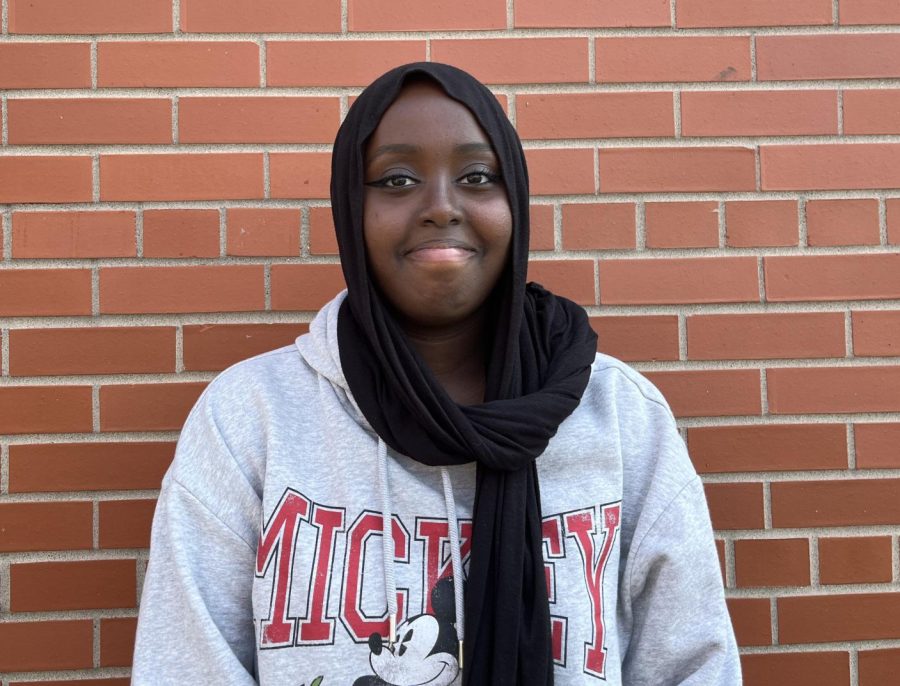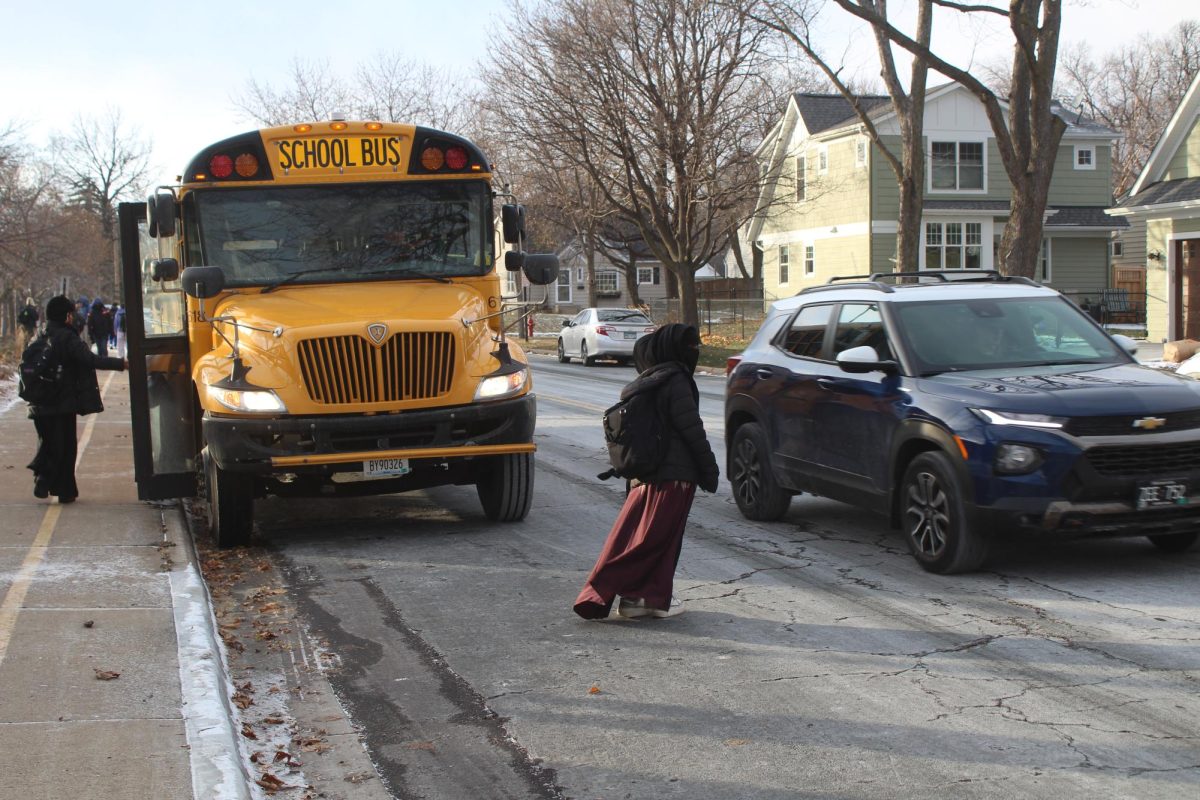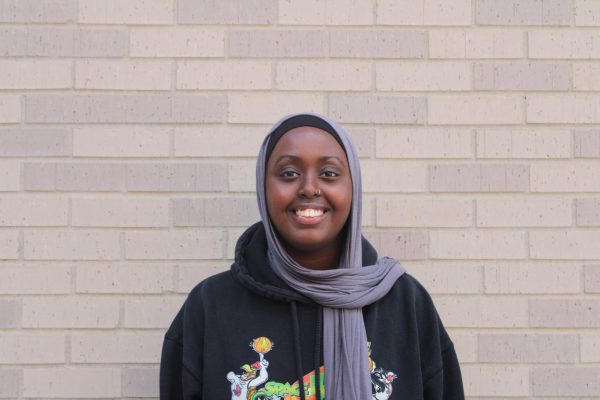What is anti-blackness? According to Boston University, anti-blackness is defined as the beliefs or actions of individuals and institutions that devalue, minimize and marginalize the full participation of Black people or those perceived to be Black. We can recognize how this belief started through European colonization. When European settlers came into contact with those with darker skin, they started to judge and make assumptions. Those assumptions are now known as stereotypes.
With widespread colonization reaching almost every part of the world, racism also became widespread and taught. Racism, in simple terms, is the belief that one race is superior to another. Racism and anti-blackness come hand-in-hand. Without one, there wouldn’t be the other.
Anti-blackness is mainstream and quite normalized, especially in America. When you look back at the Jim Crow era, anything associated with Black people was immediately viewed negatively. You can see this clearly when looking at colorism, the belief that those with a lighter complexion are superior to those with a darker complexion. When looking at the media, those of color who are uplifted are usually of a lighter complexion. They are used as “representation” for a whole group of people.
Colorism also gives companies monetary benefits. In ethnic communities, people pay money to look whiter. Whether it be by bleaching their skin or using makeup products to conceal their skin color. The beauty standard in the west is whiteness, so if you can’t be one of them, you can mimic them. Straighten your hair, eat their food, dress like them or lose the connection you have with your roots just to fit in.
This anti-black belief grew wide, even within Black communities. There’s an African/Caribbean vs. African American discussion that we, as a community, still struggle with. There’s a divide and a disconnect. The belief that one group is better than the other that I’ve seen just by existing. You name a negative encounter you’ve had with someone, they ask for a description, you utter the word “Black” and there’s a collective “of course.”
The distaste towards Black people is plastered everywhere. Whether it’s upfront or a bit subtle, blackness is seen as a negative trait. The biggest example of this is the doll test that was created by Dr. Mamie Phipps Clark. Clark gathered a group of children and presented four dolls to them. Each of the dolls were identical except for their color. She asked them a series of questions, one of them being which doll they preferred. Majority of the kids assigned the whiter doll with positive characteristics and preferred it, even if they didn’t closely identify with the doll.
The spread of anti-blackness is a pandemic, one that needs to be studied. Whether you want to believe it or not, everyone hates Black people, even Black people.











Tamir Queen • Mar 20, 2025 at 7:13 am
Great blog;really true